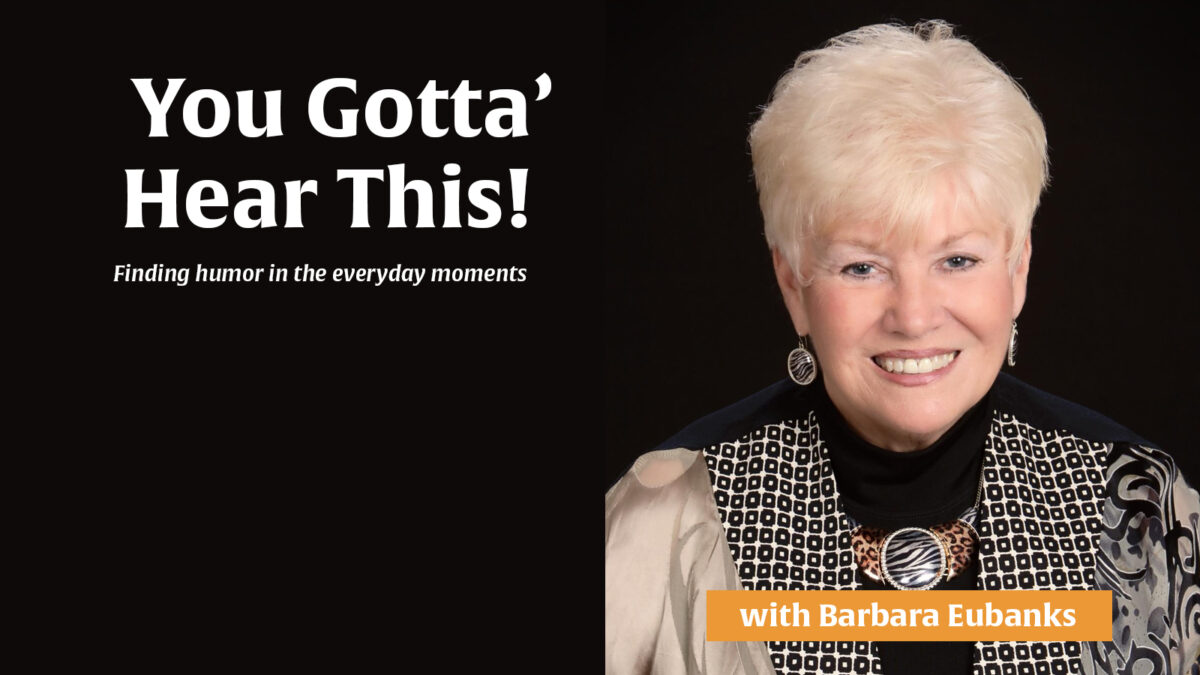My granddaughter had attended a seminar at her church on “True Love Waits,” a program that encourages teens to stay pure and refrain from sexual activity before marriage. At the end of the seminar, parents and families were invited to the last session where the participants signed their pledges.
Her parents and 10-year-old brother attended. On the way home, my grandson told his parents, “I signed that pledge tonight.”
“You did?” his mom asked. “Do you understand what it means?”
“I think I do,” he replied, “but I do have one question though. It’s okay to commit adultery after I’m married, isn’t it?”
An explanation of what adultery meant ensued. Aren’t we grateful for Christian parents who help their children to understand spiritual principles?
Explanations
I taught English for over 35 years. I often chose words from the class novels we read for students’ vocabulary lists. I was surprised when I was called to the principal’s office one day where I encountered an irate mother. After listening to the lady’s complaint, my principal knew I could alleviate her confusion. The lady said, “I’m incensed that you would use the word ‘adultery’ in eighth graders’ vocabulary list. It has the word sex in the definition.”
I explained I had taken the list from the novel the class was reading, and asked her if she had read the book, “Jacob Have I Loved.” She said she had not. I continued to explain the word’s context. The grandmother in the book was senile and often quoted Scripture at random. One she repeated often was from the Ten Commandments — “Thou shalt not commit adultery.” When the woman realized “adultery” came from Scripture, it took some of the steam from her complaint.
Sin’s consequences
Not only do we get this from the Ten Commandments, but we also find the negative results it brings from other passages of Scripture. David succumbed to temptation and committed adultery with Bathsheba. As sin always does, it leads to more sin. In his case, to murder.
“In the spring when kings march out to war, David sent Joab with his officers and all Israel. They destroyed the Ammonites and besieged Rabbah, but David remained in Jerusalem. One evening David got up from his bed and strolled around on the roof of the palace. From the roof he saw a woman bathing — a very beautiful woman. So David sent someone to inquire about her, and he reported, ‘This is Bathsheba, daughter of Eliam and wife of Uriah the Hittite. …’”
“The next morning David wrote a letter to Joab and sent it with Uriah. In the letter he wrote: Put Uriah at the front of the fiercest fighting, then withdraw from him so that he is struck down and dies.” (2 Sam. 11:1–3, 14–15)
Regardless of whether young people learn about adultery from their parents or at church, they need to understand God’s directions to abstain from it.






Share with others: